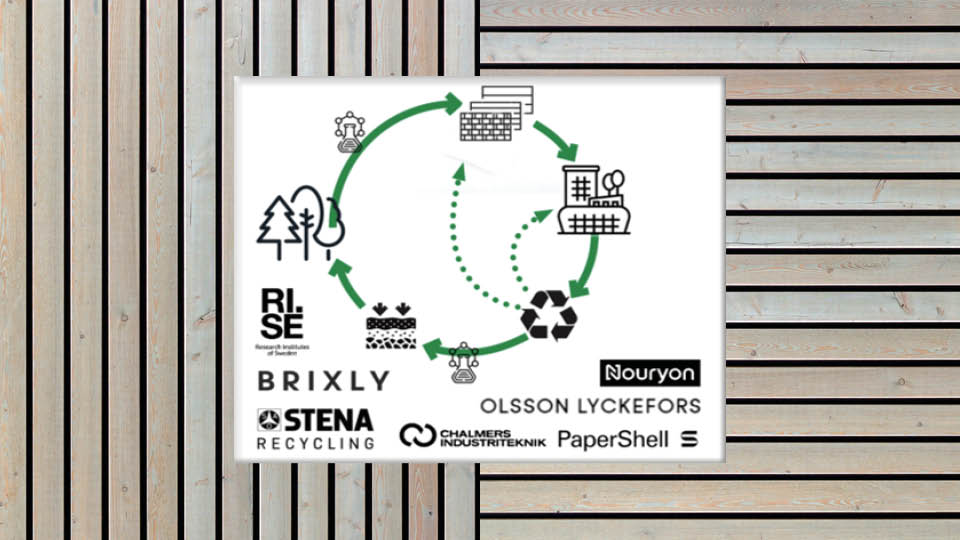Cellulose-based materials
Cellulose is the most common biopolymer on earth. It is a renewable and sustainable resource, making it an environmentally friendly choice. Cellulose is ideal for a wide range of applications, from packaging, paper, and disposable products to building materials, textiles or new advanced materials.

Cellulose is a renewable and sustainable resource
Cellulose-based materials is an important area for Sweden as a forest nation and for us at Chalmers Industriteknik. Cellulose is a renewable and sustainable resource, making it an eco-friendly choice that reduces our dependence on fossil resources. Additionally, cellulose enhances the strength and durability of materials while they are remaining light, making it ideal for a wide range of applications from packaging, paper, and disposable products to construction materials, textiles, or new advanced materials. Cellulose’s biodegradability ensures that products incorporating cellulose can be disposed of in an environmentally friendly manner, reducing the burden of waste on the planet.
At Chalmers Industriteknik, we work in several different projects where cellulose is a central bio-based material and together with companies that use cellulose in their products.




